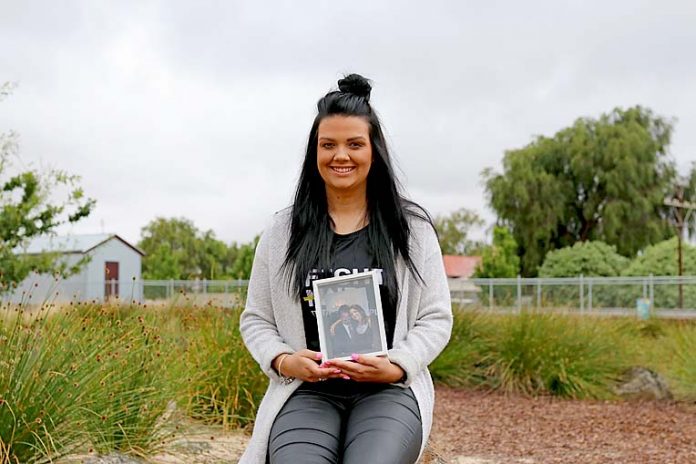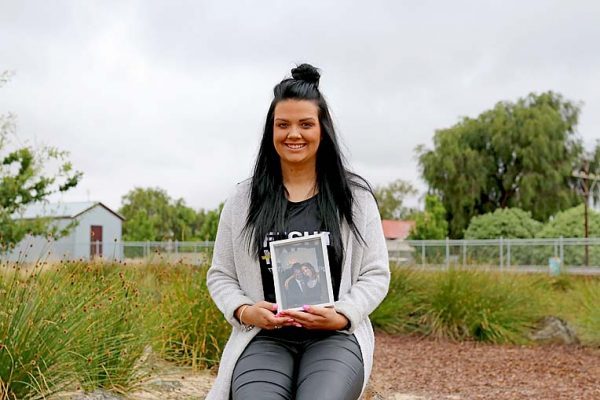

MOUNT Gambier woman Tayne Hogan who has been an avid fundraiser for Motor Neurone Disease (MND) research since losing her father to the illness has welcomed a major Australian medical treatment breakthrough.
Clinical trials at the Florey Institute of Neuroscience and Mental Health at the University of Melbourne have identified the drug, CuATSM, slows progression of the disease by 70pc.
Ms Hogan said she was ecstatic with the discovery which could soon benefit over 2000 Australians living with MND, a disease her father Roger succumbed to in 2010.
“It is an amazing breakthrough as MND is truly a death sentence,” she said.
“This is one more step in the right direction and I hope they continue to make progress.”
Ms Hogan said she was “blown away” when she came across a Facebook post revealing the medical breakthrough.
“I was lost for words,” she said.
“When I first found out I was straight on the phone telling people so all my family and friends knew.
“We are all very excited there is some hope.”
The clinical trials revealed the first time a treatment acted on the cause of the disease in humans, rather than just on the symptoms – giving patients a longer, better quality of life.
With further trials, Ms Hogan hopes the drug will deliver positive results and eventually become widely available to the community.
“Although it is only early days, it is undetermined if more than 2000 people will be able to have access to the drug,” she said.
“When you are battling MND it is so different for each patient which is why the trials are necessary.”
Ms Hogan said she wished to thank those involved in the discovery and formulation of the drug.
“I would thank everyone if I had the chance but it really is not enough,” she said.
“It is such an incredible thing they have done.
“Now there is this discovery I would tell those fighting MND to hang in there.”







